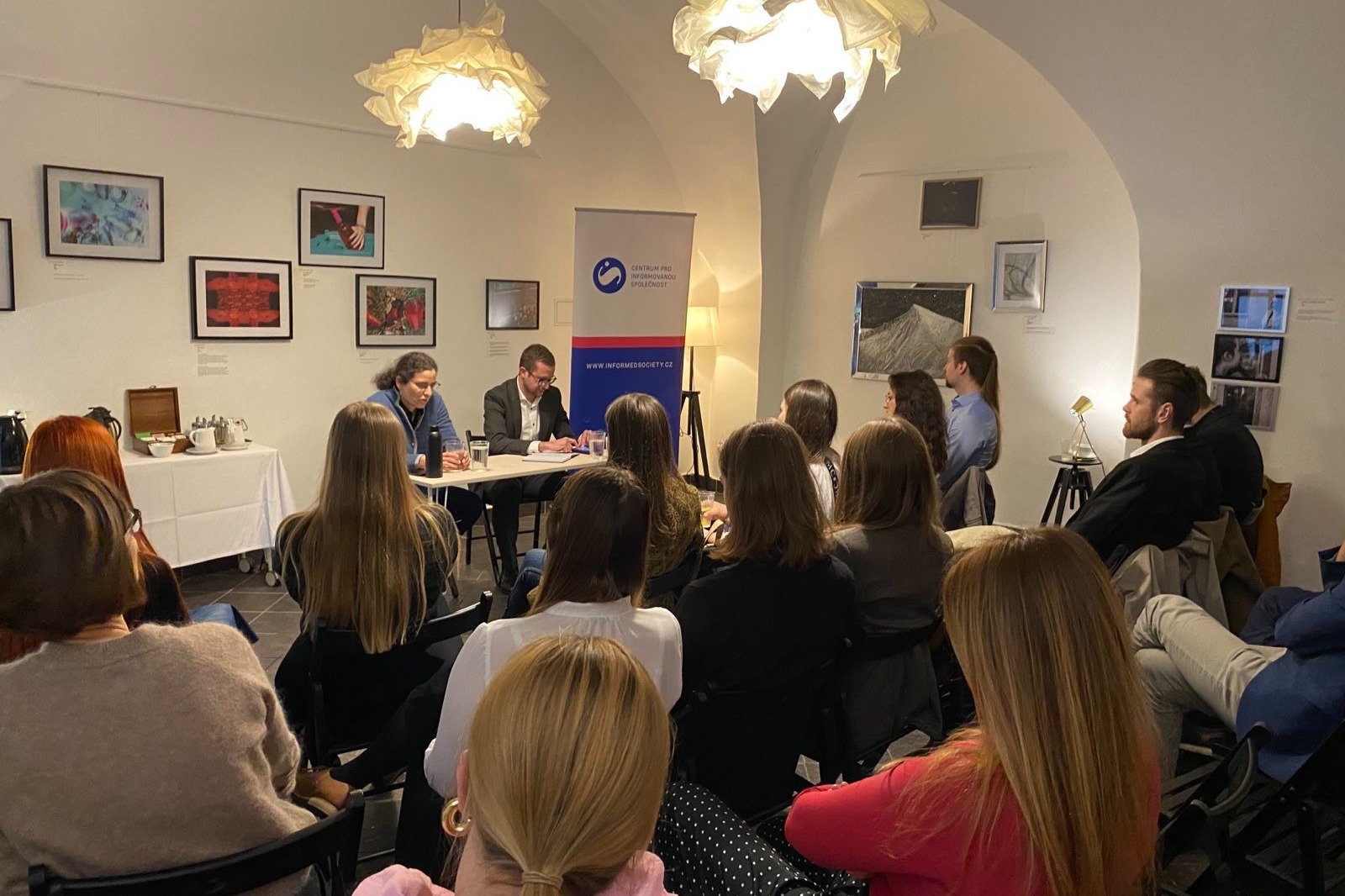In the ongoing Israel-Hamas conflict, the significance of information has arguably surpassed that of traditional military actions. Irena Kalhousová, a prominent expert, sheds light on the intricacies of the infoscene and how Western media navigates this challenging terrain.
"The infoscene today is in some ways perhaps more important than what is happening in the real world. Even established newsrooms can't handle it. For example, they often don't understand that when a report is issued by the Ministry of Health in Gaza, it is tantamount to Hamas, and therefore it is not appropriate to take the report literally and without any comment. Then media outlets like the New York Times have to apologise a few days later. The BBC again revolves around whether Hamas is a terrorist organisation or not, and it boggles the mind here.”
According to her, extreme caution is needed when seeking information about the conflict: “It is not necessary to form an opinion right away, sometimes it is better to wait, to read more, from different perspectives. Unfortunately, the great influence of social networks, which for many serve as the main source of information, in my opinion contributes to radicalisation and emotions.”
This conflict is not the first, nor will be the last in which information plays a key role. Information has played a crucial role in conflicts since the beginning of history. However, the power in the hands of those who have and can disseminate information has multiplied exponentially with the advent of the digital age. Today's opportunities to use new modern technologies and social networks have completely transformed the nature of conflict. The rules of the game have changed and intelligence gathering is far from being the only or the main tool used by parties to conflict. Disinformation, manipulation and information campaigns have become essential components of war strategy and directly affect the morale and decision-making not only of soldiers, but also of civilians and the international audience in general.
The second example from the current conflicts: the Ukrainian David and the Russian Goliath
When Russia invaded Ukraine last year, both sides understood the importance of the information battlefield and considered it a real frontline. Ukrainian officials actively countered Russian disinformation by, among other things, quickly disseminating credible (at least to some extent) information, refuting rumors, and preventing potential disinformation campaigns. Also noteworthy is Ukraine's work with myths and legends, which they used to boost the morale of their own population and soldiers.
Russia, with its extensive experience in hybrid warfare and propaganda dissemination, has mainly tried to create panic. Among the tactics it has used have been sending fake text messages to Ukrainian soldiers or their relatives to undermine their morale and instil fear.
However, Ukraine's proactive approach and its global reach may have surprised many at the time. Ukraine took advantage of its position as a bullied 'outsider' and used its position as a 'David' standing against the Russian 'Goliath'. And as we know, it is a matter of honour for the Western audience to help the bullied. In addition, the Ukrainian narrative has also focused on a certain "shaming" of NATO and EU countries for underestimating the threat from Russia for a long time and in a way enabling the Russian attack on Ukraine. Ukraine thus received massive support across the West.
What is certain is that the nature of the war has been transformed. While military presence, technology and weapons remain crucial, the stories and narratives built around the use of these tools have become just as important, and perhaps even more important in the long run. Access to information, the ability to verify and work with it, and control of its flow is as critical as any military strategy.
Author: Veronika Víchová

